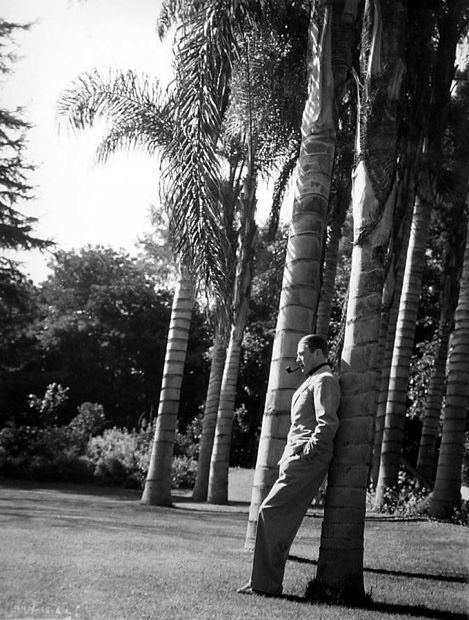
NJS

I'm sure there are modern examples, my only point is that given it's in all our interests to keep the aspiration of being well-dressed alive through progressive generations then modern and relevant examples alongside the usual staples ought to be used. Perhaps just in better balance and more readily searchable threads?couch wrote:BAO,
I think you'll find that many of us who post here are regular people who work for a living. An unusual assortment of careers, too. Academics, IT people, musicians, lawyers, writers, professional dancers, wine consultants, bankers, the odd civil servant. But I take it part of your point is that the exemplars of dressing with style mentioned here relatively rarely come from among the living or at least from among the relatively young. That's a fair point. Although a thorough search of the archives will yield some exemplary pictures of members, including out host, showing how it should be done.
Bingo! Who? Let's have them pictured here with examples and graded to the Quotient so people like me, who can't necessarily dress themselves properly yet, can have a modern reference to work from. It's like this, if we want more people to dress elegantly and perhaps behave better then we need to use examples that are relevant to the people who need changing, not those who already know it or are at least trying. This way the message of LL can be related to by a greater audience. It doesn't have to be about large budgets, but it does have to have commitment elicited from a general population that seems to want to make the minimal effort or even worse, a concerted effort at looking bad! That's inertia that needs a head on assault to change.couch wrote: Part of the reason for the golden-age bias is that many of the most stylish contemporary men are drawing on golden-age lessons:
I'm new to style, very new (I'm looking at how many shirts I have that Mr. Alden would say is 'mis-cast' as a primary actor...) but i'm not new to messaging and business development. My comments are not to say the examples being shown are wrong from a style perspective, I'm just saying that if we want more people in on this, then we need to recognize there's room for expanding the gene pool of references used. However, I will make this commitment to you, when I have my suits, I will present myself for scrutiny. I find I learn much more from sincere criticism than I ever have done from praise...couch wrote: But I'm sure I'm not alone in saying I'd welcome any images you find of contemporaries who exhibit noteworthy style or even specific successful aspects from which we can all learn. (Bear in mind also what Michael has often pointed out--that with some exceptions, like many cloth club commissions, most cloths today lack the body, drape, and depth of color and texture of earlier decades because they are made to be lighter in weight, silkier of hand, and to be "tailored" in factories with little or no iron work. This naturally affects how they photograph.)
That reminds me (and I am not sure if I am not repeating myself with this) of a scene that took place a few years ago in Prague. As I was strolling around downtown on a free afternoon, I spotted a shop window full of beautiful ladies' gloves. I stepped in and asked (in English) if they also had gentlemen's gloves in the shop. The elder of the two ladies behind the counter echoed with an involuntary nostalgic smile: "Zhentlemen!?" - as she waved her hand over the shoulder in the vague direction of a bygone era; "we have gloves for men", she added dutifully and opened a drawer to produce a few pairs which proved that also the factory churning them out had ceased to believe in such holdovers.Dr T wrote:Gentlemen seem to be masters of style - the rest seem to be slaves of immediate fashion
 IMG_6651 by The London Lounge, on Flickr
IMG_6651 by The London Lounge, on FlickrUsers browsing this forum: No registered users and 10 guests